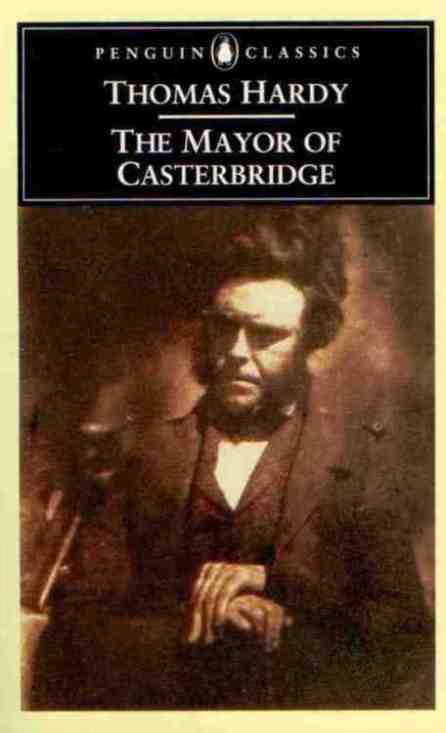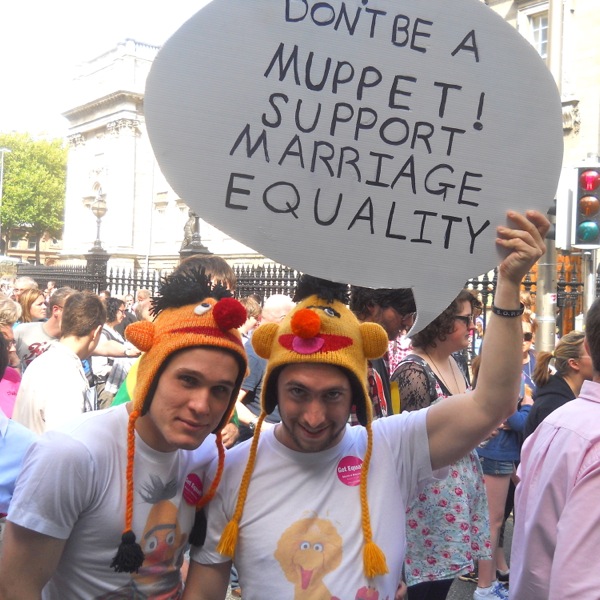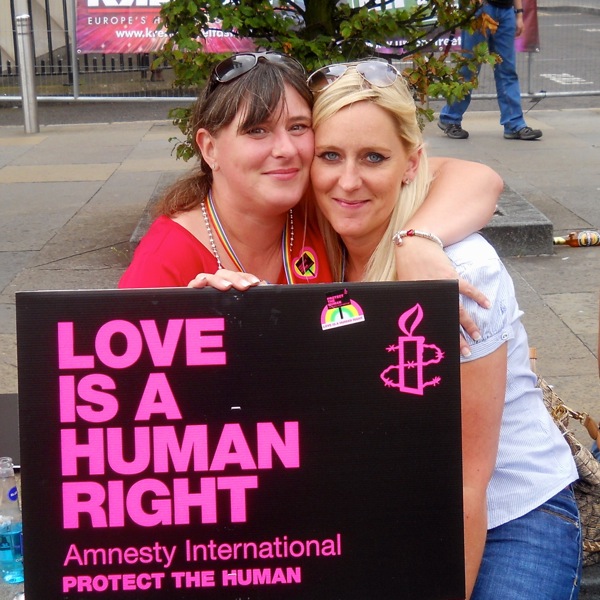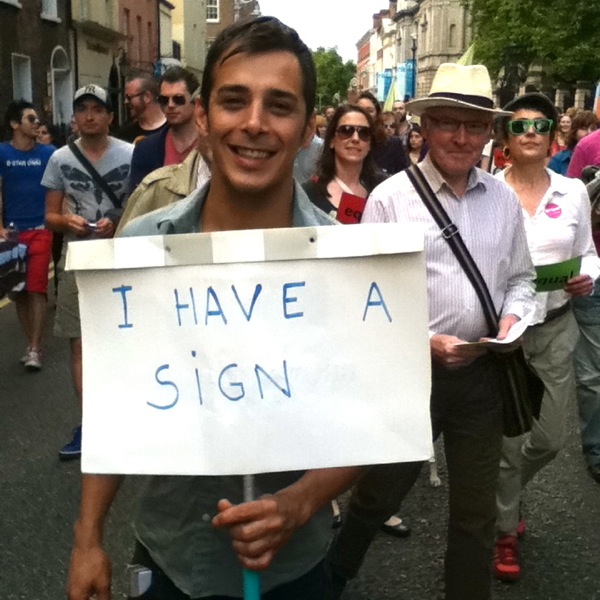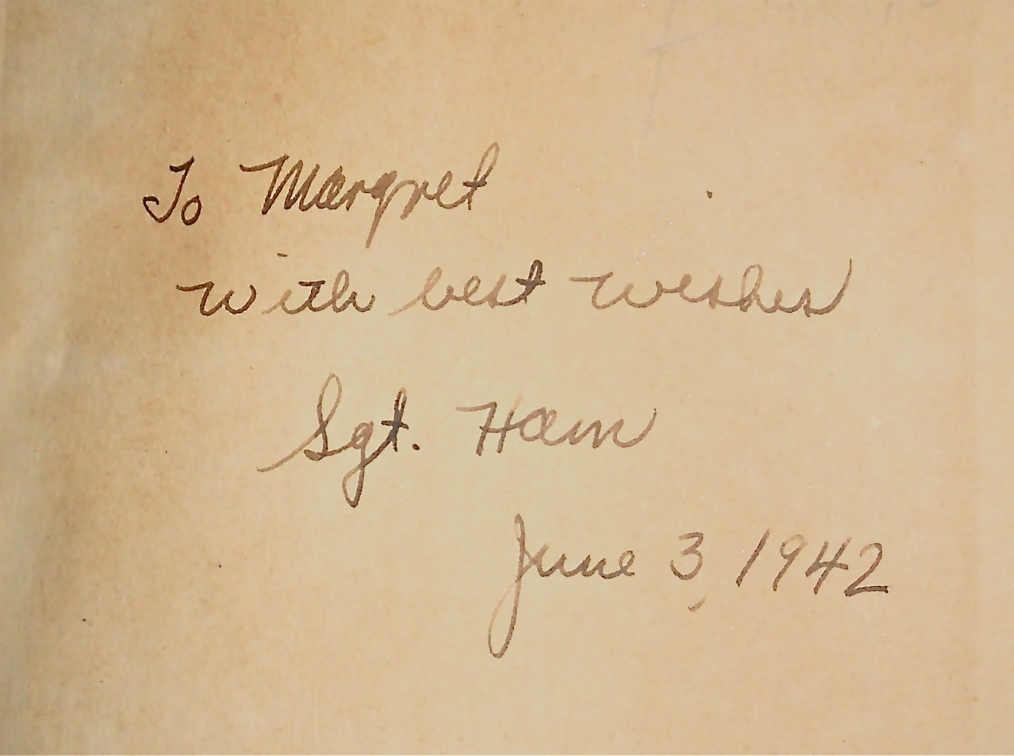In the debate – or what passes for debate – about marriage equality, on both sides of the Irish border, a lot of breath is being wasted in re-enactments of civil liberties battles already won and lost. Some of the opponents of marriage reform are opposed to homosexuality itself, and would like to turn back the clock to a time when gay people had the decency to live out their lives in fear, shame and concealment, so that the rest of the world could pretend they weren’t there.
Those people can’t really be argued with in any constructive way. As soon as you try, they whizz about like Daleks shouting <LEV-IT-I-CUS!> or <AD-AM-AND-STEEEEEEVE!> and you just have to walk away.
They will never be persuaded. But they can be outvoted. And to do that, we might well need the help of what I’ll call the sympathetic objectors – the people whose views might be expressed thus:
I have no quarrel with gay people. I totally accept that your sexuality is different from mine. I respect your right to live your life, and love who you love, and I oppose discrimination against you. But I think it’s a step too far to ask for a redefinition of marriage: the centuries-old institution of traditional marriage between a man and a woman.
If that’s you, I have some observations to make. They’re not original, but they might be worth considering.
When people talk of “traditional marriage” they are, I think, talking of a bond freely entered into by two people who are equals. That’s actually a very modern idea.
For centuries, in the great institution of traditional marriage, a husband became the possessor of his wife’s property. The line in the marriage vows: “With all my worldly goods I thee endow” was a monstrous hypocrisy. A wife had her paraphernalia – her clothes and her jewellery and various bits and bobs that she could dispose of as she saw fit – but that was all.
Indeed, for centuries, in the great institution of traditional marriage, a husband was the possessor of his wife and any children. He could SELL THEM.
For centuries, in the great institution of traditional marriage, it was almost impossible to escape from a marriage that had broken down. A woman who fled from an intolerable marriage could not hope to have custody of her children.
All of those things have changed. And the trend has always been towards greater justice, equality, fairness. Society’s norms and expectations change faster than institutions can keep up. But every now and then those institutions are revised, reformed, redefined to bring them in line with what people want, need and expect.
So. Yes, extending civil marriage rights to same-sex couples is a significant reform. But not the first or the greatest. Just another step in the right direction.









